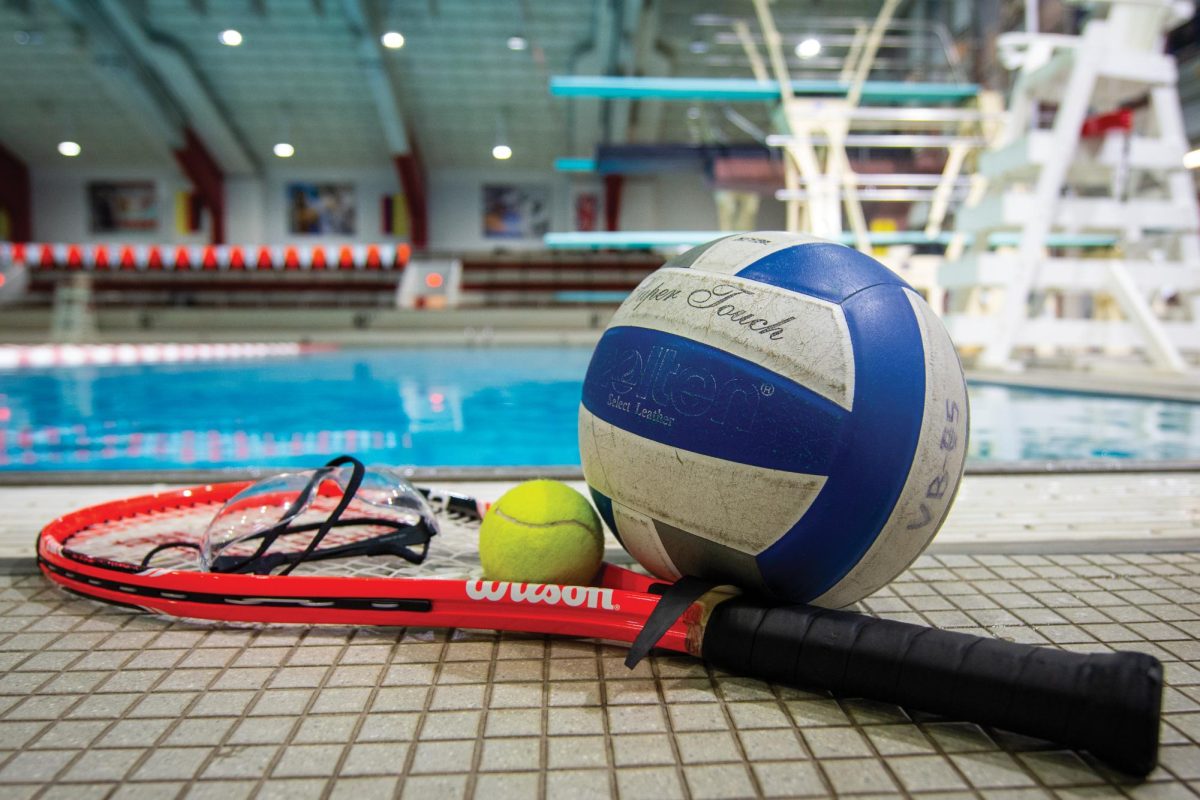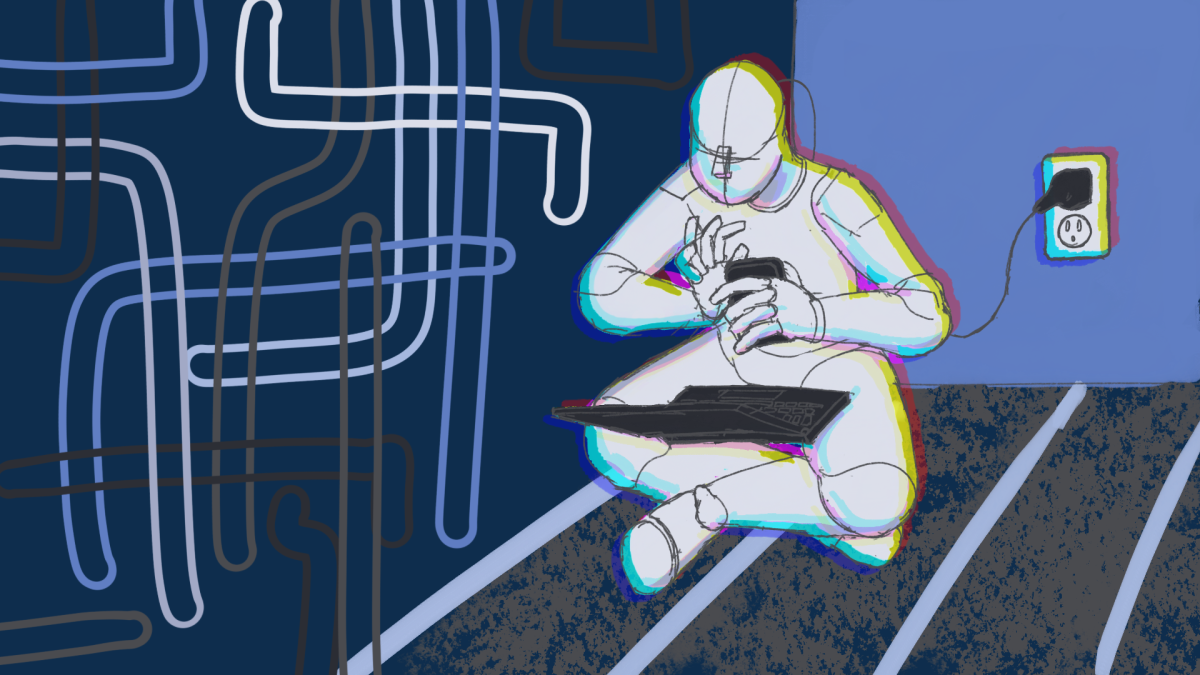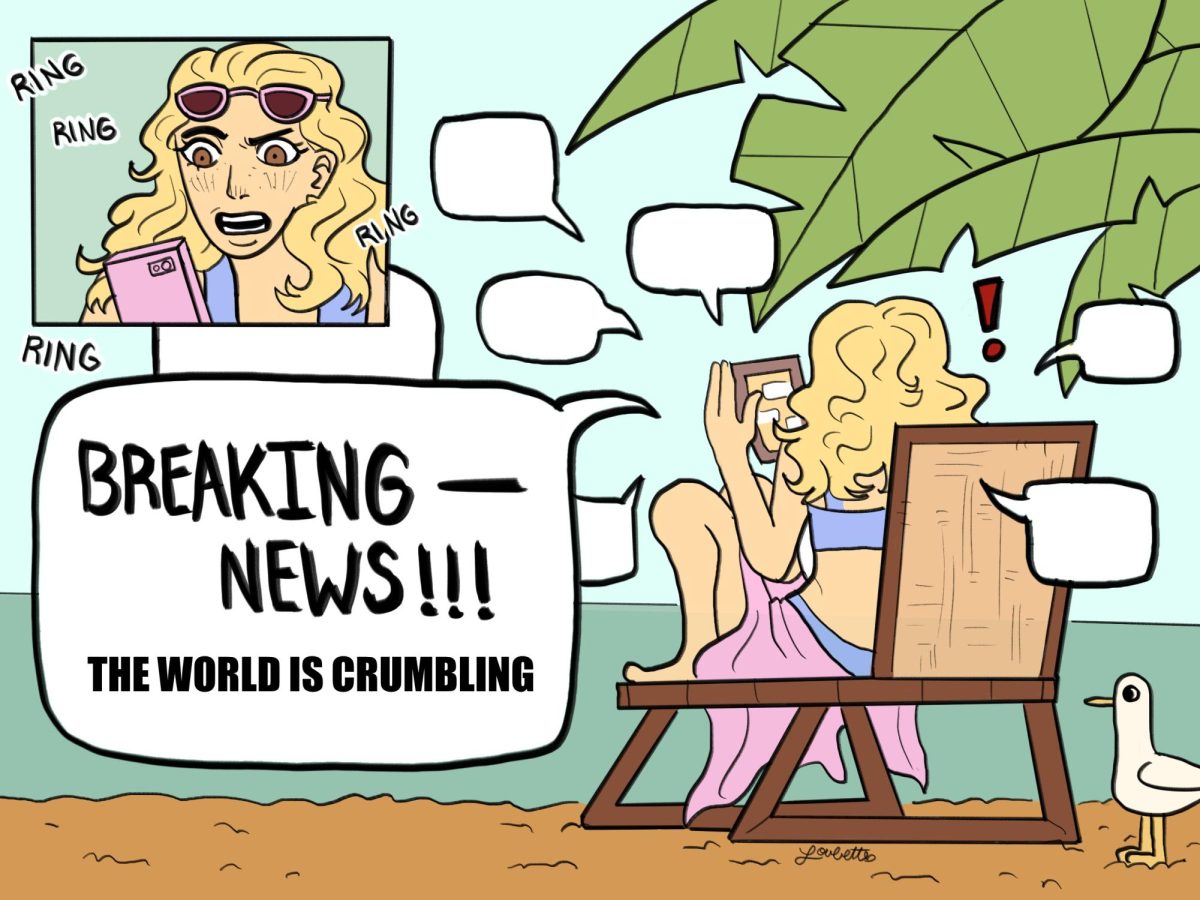As a transfer student and senior attempting to graduate on time, excel in my internship and complete my minor, the looming end of summer break is somewhat unsettling. The swift change in schedule after a lengthy break is enough to make any student suffer from stress. While there are obvious pros to the traditional schedule, there are also a number of pitfalls that are created by our current system.
NC State is a STEM university, with approximately 100 different majors and 110 different minors with a focus on STEM programs. Studies have shown that fewer than four in 10 college students who are pursuing a major in a STEM field actually stick with it. I would argue that our traditional schedule has a role to play in these students becoming academically disengaged. These majors are demanding and require students to maintain rigorous routines. With our traditional schedule these routines are interrupted several times a year for long periods of time and these students, as well as others, suffer the consequences.
With the high price of higher education in the United States our traditional schedule is beneficial for students that work during the summer to save up money for the semesters ahead. The long break leaves room for students to try and find jobs but many employers are hesitant to hire only for the summer. As for my last two years in school, it has been difficult to find a job that did not make you promise to stay when school started back up and that is no small commitment with a full course load.
Financially speaking, it makes sense why students in the U.S. work during the summers due to the high price tag of higher education. European students generally do not face those same financial pressures when attending college since the majority of higher education systems are tuition-free. The financial burden falls on taxpayers rather than students, especially in countries with inclusive debt-free college programs like Germany. This allows students the freedom to fully focus on their studies, finish their undergraduate degree in 3 years instead of 4, and join the workforce debt-free.
Other students in the U.S. utilize their summer break by completing internships to gain job experience. Generally, these internships are quite short and last around 10 to 12 weeks, so by the time students are acclimated, the summer and their internship are over.
In U.S. colleges, students face the potential tradeoff of not graduating on time if they choose to participate in cooperative education programs, additional internships or study-abroad programs to enrich their educational experience. In Europe, many colleges allow students to take smaller course loads during their internships so they can devote more time to learning real world skills. Their internships are also usually much longer, allowing them to leave their internship experience with a much deeper real world understanding than U.S. students.
While I can say without doubt that while I am excited to finish up my undergraduate degree, I also am not sure that my undergraduate degree has prepared me for the work force I will soon be joining. Undergraduates should not leave college feeling unprepared for a job they have been working towards for four years. Something is wrong with a system that believes undergraduates are ready for the work force after a mere two-month internship.
After speaking to several people who have attended college in Europe, it is my understanding that their college schedules allow them to better prepare for the workplace. The flexibility in their academic schedules for longer internships and the continuous year-round system are just a few reasons their system creates career-ready graduates that do not enter the workforce suffering from academic fatigue and apprehensions about their inexperience.








